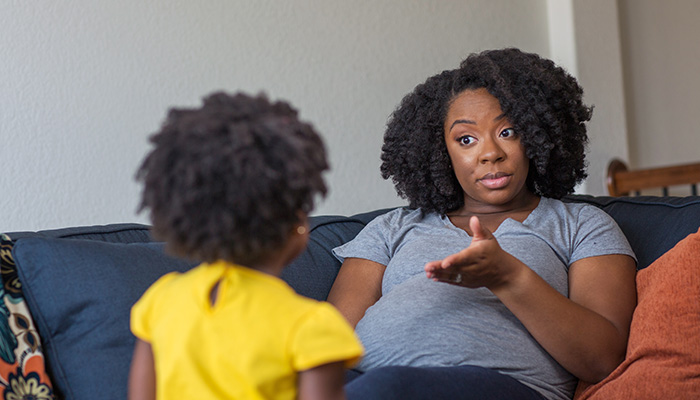Anxiety Definition: distress or uneasiness of mind caused by fear of danger or misfortune.
Believe it or not, anxiety is a necessary emotion. Anxiety keeps us safe. It keeps us aware of our surroundings and monitoring for possible danger. It helps us to be kind and to look out for others. It drives us to work hard and to avoid failure and to achieve. Kept in check, some amount of anxiety is important.
Anxiety is a primitive emotion that was highly necessary and adaptive for early humans. When this emotion is triggered, it prompts 3 types of responses. Fight. Flight. Freeze. Unfortunately, when anxiety is excessively triggered when it is not truly needed, there can be unintended consequences. Fight is often angry or irritable and can make a situation worse. Flight or avoidance keeps us from solving the problem at hand. Freeze makes us incapable of acting at all, of being stuck. For some, this can also trigger the uncontrolled feeling of panic.
So, when is anxiety too much? It is too much when it stops moving us forward and starts to interfere with life, in short, causing impairment. Trouble sleeping, feelings of being overwhelmed and unable to act such as with schoolwork or feeling physically ill prior to stressful events. Avoiding things that you might enjoy like seeing friends, trying out for sports, performing in theater or music are other examples. Other signs include becoming easily irritated or annoyed or withdrawn. Some people will have loss of appetite, or headaches or stomach aches and not realize it is due to anxiety.
How do we keep anxiety in check?
- Recognize what some of the triggers are, talk about it. Is there something that can be changed (not avoided)?
- Help your child confront what is causing the anxiety rather than avoid it. Most of the time avoiding situations increases anxiety. Anxiety is reduced if we can find a way to get through it with help and encouragement.
- Get enough sleep. Sleep is age dependent, but even adults should be getting nearly 9 hours per night.
- Exercise. Studies have clearly documented the benefits of exercise in stress and anxiety reduction. (Any is better than none!)
- Eat well. It does matter. Fruits, veggies, lean dairy, protein, complex carbs. Less sugar!
- Get some sunshine and take Vitamin D.
- Talk to your SLP Doc or Nurse Practitioner. Talk to the school counselor. See a community therapist.
Check out some of the excellent videos on our website under Parent Education. https://www.southlakepediatrics.com/parent-education



